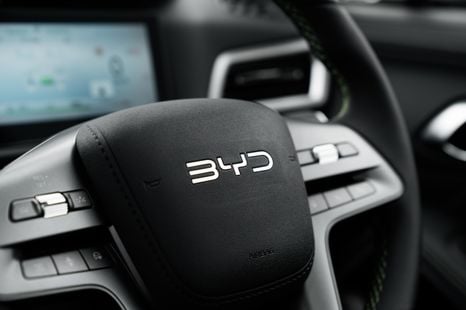

Ben Zachariah
BYD acknowledges ‘work to do’ in aftersales experience
9 Hours Ago
A compromise solution from Spain could see the upcoming Euro 7 emissions standards weakened following pushback from countries and car companies.
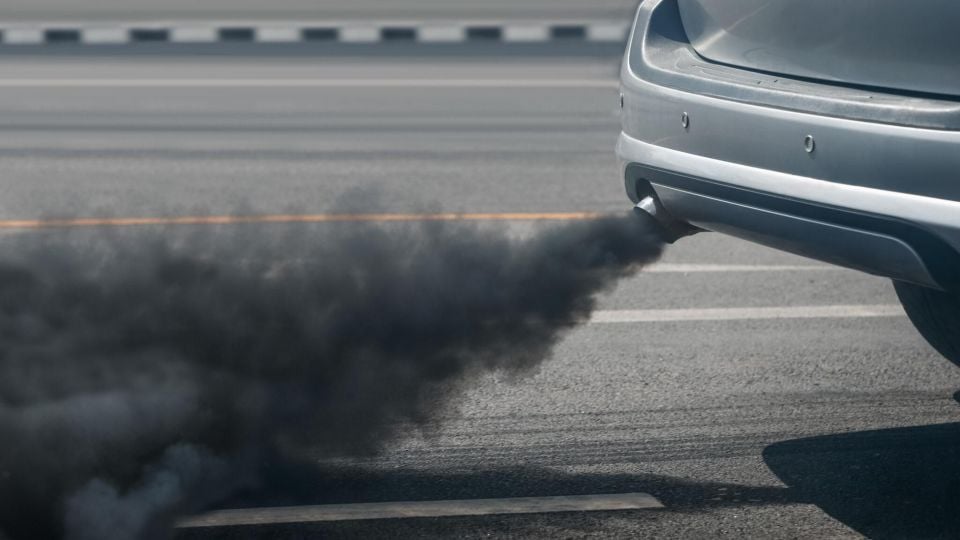
The upcoming Euro 7 emissions regulations, which had earned the ire of various European nations and car companies, could be watered down.
Reuters reports European nations have largely agreed on a compromise presented by Spain regarding strict new emissions regulations.
The Euro 7 standards, which will be applied to both petrol and diesel vehicles equally, were intended to cut nitrogen oxide (NOx) emissions by 35 per cent and lower tailpipe particulates by 13 per cent compared to the outgoing Euro 6 regulations.
Automotive News Europe reports the Euro 7 standards are also targeting non-CO2 pollutants. These include carbon monoxide and nitrogen oxide generated by brakes and tyres.
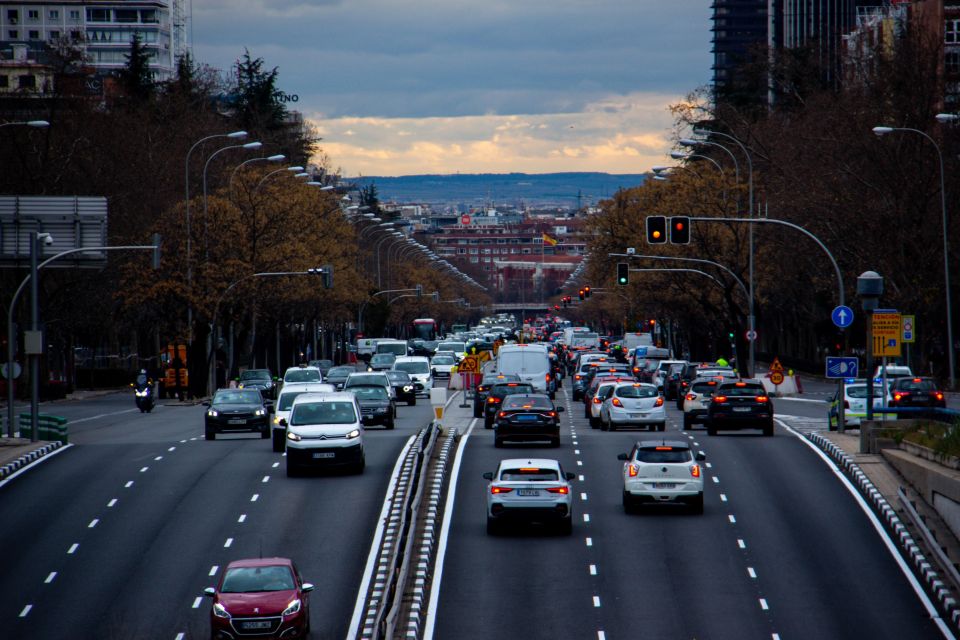
The new proposal has reportedly not been finalised yet. Reuters reports the compromise still needs to be agreed upon in an imminent EU ministerial meeting, after which a final proposal can be discussed in parliament and by the European Commission.
If implemented, Euro 7 regulations would be effective from mid-2025 for cars and mid-2027 for trucks and buses.
Tighter Euro 7 standards come as the sale of new CO2-emitting light vehicles will be banned in Europe and the UK in 2035; the UK recently announced it was pushing back the date of its ban from 2030 to 2035.
Automotive News Europe reports eight EU nations – including France and Italy – had previously expressed opposition to the mooted Euro 7 standards.
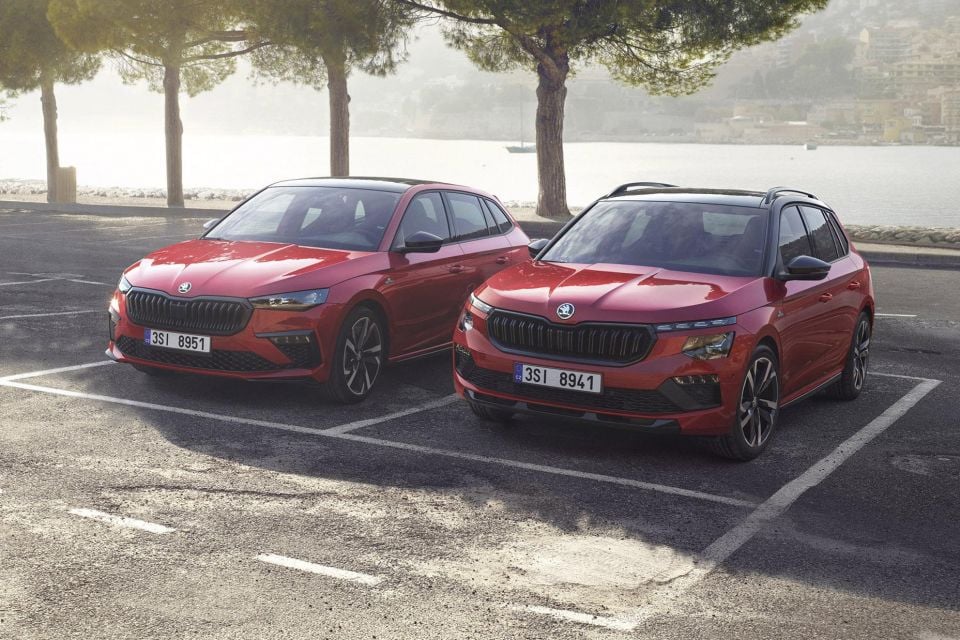
The opposing nations argued automakers are already under strain to meet the EU’s planned ban on CO2-emitting light vehicles in 2035.
Renault and Stellantis have also reportedly pushed back against the tighter Euro 7 standards, claiming the regulations will distract the industry from going all-electric and raise the prices of small cars.
Skoda has also previously voiced concern, with Skoda works council chairman Jaroslav Povšík telling the Skoda Trade Unionist magazine that Euro 7 standards will make it prohibitively expensive to produce and homologate models like the Kamiq, Scala and Fabia.
As reported by Czech media outlet tyden.cz, the Euro 7 standards would raise the price of Skoda’s small city cars to a starting price that the brand says is ‘unsaleable’ and ‘unacceptable for customers’.

Skoda previously indicated it planned to oppose the regulations and collaborate with Daniela Cavallo, the chairman of the Volkswagen works council, to lobby against them at the European Commission.
Australia currently mandates that newly approved models first manufactured from November 1, 2013 and light vehicles manufactured from November 1, 2016 must meet ADR/79 regulations, which are based upon Euro 5 emissions standards.
The Euro 5 emissions standard was first introduced in Europe more than a decade ago, and has since been superseded in Europe by Euro 6 rules.
The European Union has been progressively tightening emission limits since the introduction of Euro 1 standards in 1992.


Ben Zachariah
9 Hours Ago


James Wong
9 Hours Ago
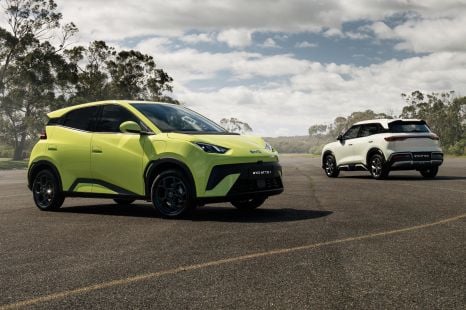

William Stopford
9 Hours Ago
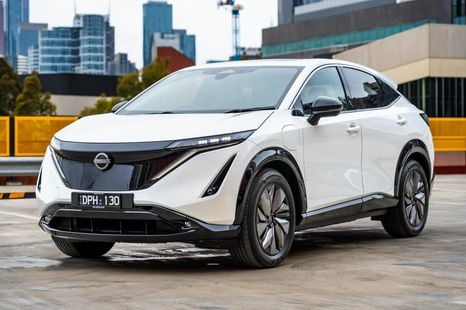

Josh Nevett
17 Hours Ago
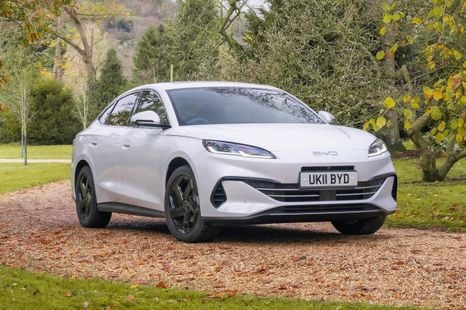

Derek Fung
1 Day Ago
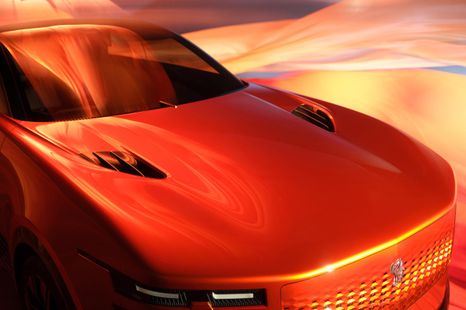

Ben Zachariah
1 Day Ago
Add CarExpert as a Preferred Source on Google so your search results prioritise writing by actual experts, not AI.